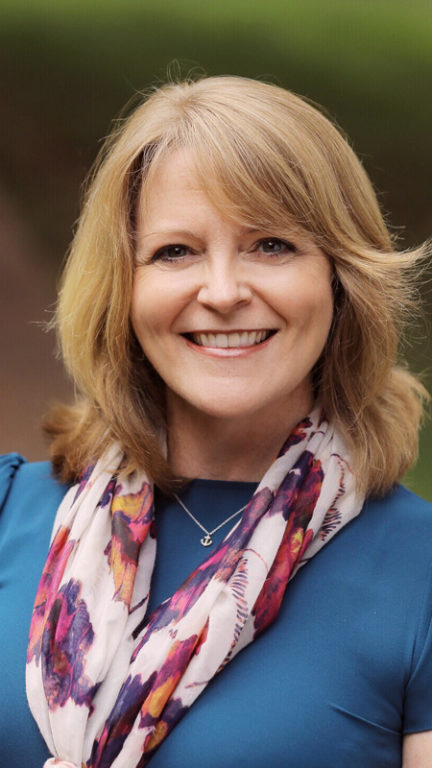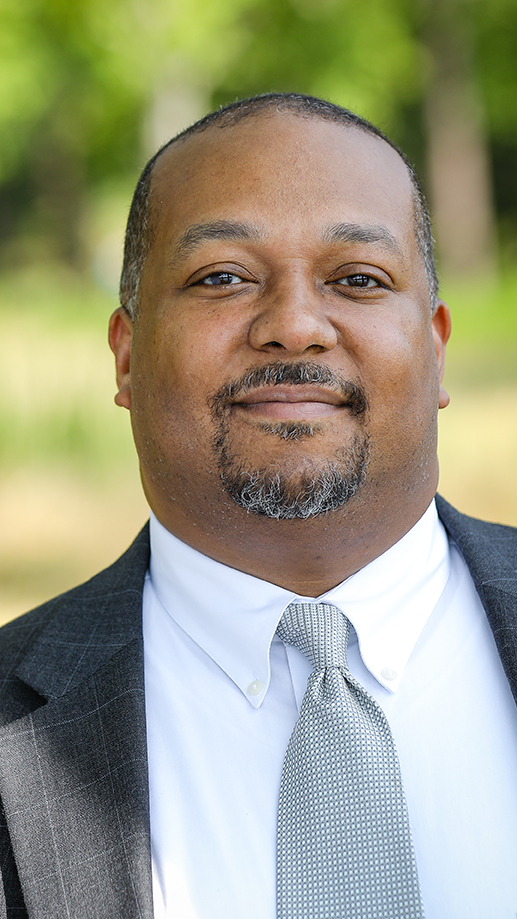Furman awarded Diversity & Inclusion Grant by Associated Colleges of the South
Furman has been awarded a collaborative Diversity and Inclusion Grant by the Associated Colleges of the South (ACS), marking a significant step toward the university’s goal of creating an inclusive campus environment.
“It’s super exciting, because it comes at the perfect time for us,” Ken Peterson, Furman’s vice president for academic affairs and provost, said. “There is a lot of desire and energy on campus to really step up our efforts in the area of diversity and inclusion.”
Furman is one of five ACS institutions to secure the funding, joining Birmingham-Southern College, Rhodes College, Rollins College and The University of the South, and will serve as the lead school in creating a series of learning opportunities for faculty and staff designed to increase awareness of institutional racism in higher education and cultural competence while also cultivating the ability to recognize and diffuse or redirect microaggressions and expanding the ability to identify inclusion gaps on campuses and in communities.
The pursuit of the ACS grant began in June in response to the civil unrest caused by the deaths of George Floyd, Ahmaud Arbery and Breonna Taylor, numerous painful stories of explicit and implicit racism experienced by current and former Furman students, and a petition by a group of Black alumni requesting the university make a series of commitments to racial justice.
Both the petition and Furman’s response can be read here.

Diane Boyd
“We knew we needed to do something about this. We didn’t know what, but the civic unrest and the protests – there was a collective interest in trying to create anti-racist environments,” Diane Boyd, Furman’s associate dean of faculty development and executive director of the Faculty Development Center, said. “I’m pleased that we’re leading the charge in this particular grant. Our colleagues are keen on doing something meaningful with long-term positive effects on our campuses.”
Boyd was the principal investigator on the grant and primary grant writer. The award totals $36,500 with the option of securing additional funding. Beginning this fall, schools will recruit experts to train campus facilitator teams, which will then develop campus-specific curriculums to address racial inequity with actionable steps.
“One thing I have recognized for a while at Furman is a need for training around diversity, equity and inclusion issues. Our faculty and staff have requested and pushed us to provide training around this issue,” Michael Jennings, Furman’s chief diversity officer, said. “It connects with some of the things that went on this summer … We wanted to have some of that training available to everyone, and this is a really powerful step in that direction. So I’m excited about it.”
Once Furman’s campus facilitator teams are created, they will begin offering voluntary training to faculty and staff that Boyd hopes will begin in the spring.

Michael Jennings
“I’m of the belief that we will be somewhat overwhelmed by the number of people who want to participate in the training,” Jennings said, noting 18 faculty and staff members expressed interest in becoming campus facilitators. “These issues are important to us as a campus community, and they’re important to the broader community beyond the campus.”
In 2015, Furman launched a website commemorating 50 years of desegregation, and in 2017 the Task Force on Slavery and Justice was formed to examine the university’s historical connections to slavery. In recent weeks, the university has also been awarded a $1 million S-STEM grant focused on increasing socioeconomic and underrepresented minority group diversity among students seeking degrees in chemistry, biology, neuroscience or the geosciences and announced an expansion of its Entrepreneur-In-Residence program to better reflect the diversity of students mentored by Furman Innovation and Entrepreneurship.
In response to the Black alumni petition, Furman also formed a working group of Black alumni, students, faculty and staff to lead a review of current practices and plan specific further actions. Idella Glenn ’84 and Jennings co-chair the committee.
“It’s syncing with what’s happening on the national front really well, and it syncs really well with the ‘Black at Furman’ Instagram site,” Peterson said, referencing one of the social media platforms current and former students used to share their experiences with racism. “I think so many good things are coming together at Furman right now that will enable us to accelerate the pace of which we become an inclusively excellent community.”